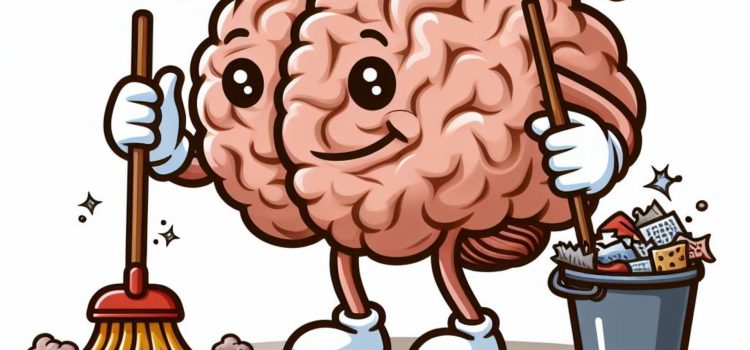Why are people unhappy? What are erroneous zones and how do they prevent happiness? Happiness may seem elusive, but Wayne W. Dyer asserts that you can choose to be happy at any moment, regardless of what’s happening around you. The problem is that you prevent yourself from being happy by allowing unproductive emotions to rule. Continue reading to learn the psychology behind erroneous zones and their effect on people’s happiness.
Why Are People Unhappy? Blame Erroneous Zones










